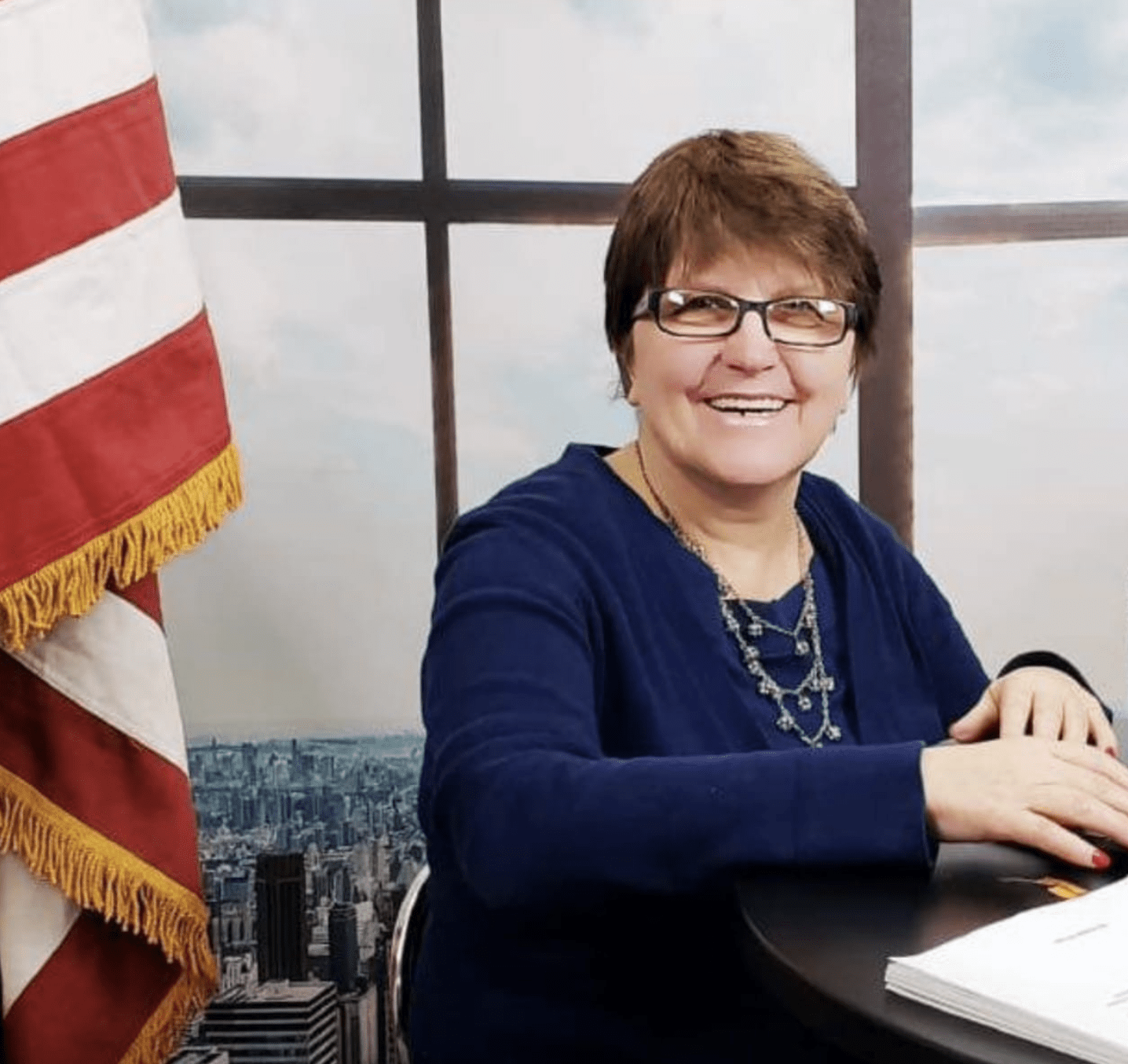“Whoever teaches, learns in the act of teaching. And whoever learns, teaches in the act of learning.”
WHY TAKE A TESOL/TEFL COURSE IN Sao Paulo
Recognized as the “financial heartbeat” of Brazil, São Paulo commands the largest GDP in Latin America. It hosts the São Paulo Stock Exchange and accommodates 63% of the country’s multinational enterprises. Key areas like Paulista, Faria Lima, and Luis Carlos Berrini Avenues, along with Greater São Paulo, emerge as epicenters of commerce, finance, and cultural exchange. This bustling ecosystem presents myriad opportunities for English educators in various sectors.
In São Paulo, you can traverse the globe through culinary and cultural explorations without leaving the city limits. It’s a cosmopolitan melting pot, harboring expansive neighborhoods for Japanese, Italian, Arab, and Portuguese communities. Embark on a subway journey to Liberdade for authentic sushi or Bixiga for mouthwatering Margherita pizza. The Central Market, affectionately dubbed “Mercadao,” tantalizes with a sensory overload of exotic fruits, cheeses, spices, and cured meats.
Seeking a weekend escape? Within a mere hour’s drive from São Paulo lies the coastal oasis of Santos, boasting the world’s longest ocean-front garden and South America’s largest seaport. Venture a bit farther, and you’ll find yourself in Guaruja, where surf enthusiasts flock to Tombo Beach or tranquility seekers unwind at Guaiuba.
As the nucleus of Brazil’s employment landscape and a hub of diverse entertainment, São Paulo beckons. Embrace the TEFL teaching vocation while relishing leisure moments at iconic landmarks like MASP (São Paulo Museum of Art), sipping drinks atop the Terraço Italia skyscraper, catching a thrilling soccer match, indulging in retail therapy at one of the city’s 50 shopping malls, or basking in the sun at Ibirapuera Park. São Paulo is a city that never sleeps, offering an inexhaustible array of experiences to suit every mood and whim.
OUR iTTi SAO PAULO TEFL INSTITUTE
We proudly offer accredited 120-hour TEFL Certification programs recognized by schools worldwide. Our comprehensive curriculum not only delves into essential teaching theory but also provides hands-on classroom practice, enabling trainees to apply their knowledge effectively.
Furthermore, we provide specialized training options such as Teaching Practice of 120-hour Combined TEFL Certification, 120-hour Online TEFL Certification, and specialized courses in Teaching Business English, Young Learners, TOEFL, and IELTS. Upon request, we also offer the TQUK Level 5 OFQUAL-regulated TEFL (RQF).
Classes are conducted throughout the day, Monday through Thursday, spanning four weeks with a one-hour lunch break. Nearby dining establishments cater to students’ culinary needs.
At our school, we are dedicated to supporting our trainees in securing English teaching positions in São Paulo, across Brazil, or internationally in their desired destinations. Join us and embark on your TEFL journey with confidence and expertise.
WORK IN SaO PAULO OR BRAZIL AS A TEFL teacher
English as a second language is emerging vigorously among these institutions, mainly in private schools throughout the country. According to official statistics, there are over 1,200 bilingual schools in Brazil, over 100 of them are in Sao Paulo.
Prerequisites to Teaching English in Brazil
You definitely need a work visa. Your employer must apply for it on your behalf. The Brazilian authorities want to see at least two years work-related experience and a 120-Hour TESOL Certificate with Teaching Practicum in addition to a BA/BS in any field.
If you aim high in terms of a teaching position, those jobs require specific teaching degrees in either pedagogy or English.
Teaching Opportunities
There are positions in public and private schools, language centers, vocational schools, universities, and international schools.
Brazil has over 3,000 private English schools, which represent a great opportunity for English teachers. Accredited 120-TEFL certificates play an important role in such job opportunities at the most renowned institutions, as specific graduation degrees are not required. Hiring opportunities happen throughout the year, although the peak season is in May/June preparing for the regular groups happening in the second half of the year. Late November/December is also the peak hiring season, preparing for the regular courses to start in the upcoming year.
Private Tutoring
Although Brazil and Sao Paulo have a broad array of language schools, the percentage of the population fluent in English is still very small, close to 2%. Private classes, in person or online, are popular in the country and frequently sought by students ranging from teens to adults. The average starting price for a 45-to 60-minute class is 70 BRL. Working with small groups for in-company classes is also another great opportunity to do networking and scale earnings with multiple students at a time.
Contract Length
Teaching contracts are usually one year, maximum two years long. They are, of course, linked to the work visa. If the employer wants to keep you longer, the temporary work visa can be extended another two years. After working for four years in the country, your employer must apply for a permanent work visa. It allows you to live and work in Brazil.
Salary & Benefits
Salaries for teaching English in Brazil are often between US $800 – $1,400 per month, considerably more for administrators. You may increase your income by teaching privately. The average charge for private classes is US $15-25 (85-140 BRL) per hour. If you teach law or medical English, you may even charge more.
Compensation packages usually include a monthly food and local public transportation voucher and an end-of-year bonus in form of a “13th salary” after each year of employment. The benefit package also contains paid holidays, paid annual vacations, and paid sick leave—all regulated by the Brazilian labor law.
The Brazilian government provides for free comprehensive health insurance of all legally employed foreign English teachers whose employers pay the proper contributions to the government. All others must buy private health insurance to go to a doctor or hospital.
Healthcare System in Brazil
Brazil’s healthcare system is the responsibility of the Ministry of Health. It provides free health care to all Brazilian citizens and legal residents. The system works like that of Europe, where people and organizations make monthly contributions to a fund controlled by the government. This fund finances healthcare for Brazilians and pensions for its elderly citizens.
If you are uninsured in Brazil and must go to a hospital, the doctors will give you first aid, stabilize you, and send you away, unless you pay for additional procedures. Look for private insurance to make your stay in Brazil more pleasant.
Pharmacies
Pharmacies (Farmácia) in Brazil are subsidized by the government. They are generally well equipped with highly trained, knowledgeable staff, and the medications (Remédios) are quite inexpensive.
Some pharmacies, such as the chain Droga Raia, are open 24 hours a day, but most of them open from 8:00 am to 10:00 pm local time. Some prominent pharmacies in Sao Paulo are 1. Drogaria São Paulo, 2. Drogaria Fibersal, 3. Ultrafarma. 4. Drogasil. 5. Droga Raia, 6. Drogasil, 7. Drogaria São Paulo, and others.
Important Emergency Numbers
Large private hospitals may also provide their own ambulance services, which can be contacted directly.
Culture in Brazil
The Federative Republic of Brazil is the fifth largest country in the world and occupies half of the landmass of South America. It is also the fifth most populous country in the world, with a richly diverse culture from many different countries as well as the untouched indigenous tribes that live in the Amazon jungle. Brazil’s cultural diversity has been shaped by the dominant presence of European settlers who brought along ideas, innovations, beliefs, and African enslaved people, who influenced the local cultures with their customs and ideas.
Languages Spoken
Portuguese is the national language in Brazil and is spoken by 99% of the population, making it one of the strongest elements of national unity. The only exceptions are certain indigenous groups and immigrants who have preserved their native languages. There are major variations in the Portuguese languages spoken in Brazil and Portugal. In Brazil, there are no dialects, but regional variations in vocabulary and accent.
Religion
Religion is important in Brazil, as 80% of the country’s population is affiliated with a religion. The symbol of Brazil’s religious affiliation is the colossal statue of Christ the Redeemer that stands on the summit of Mount Corcovado in one of the country’s most famous cities, Rio de Janeiro. Roman Catholicism is the major religion in Brazil, with two-thirds of the population affiliated with the religion.
Food & Drinks
Due to the long history of immigrants in Brazil, cuisines vary immensely across regions, with major dishes including Japanese, Italian, African, Middle East, and Chinese, Japanese, and Amerindian influences. Rice and beans are the staple diet in the country. Other common dishes include Feijoada, which was introduced by African slaves, Feira, Kibeh from the Middle East, and Coxinha, a common street food.
To truly experience the culture of the country you are traveling in, you want to do things like a local, eat like a local and, of course, drink like a local. Traditional Brazilian drinks are the coffee, Vitamina (a fruit smoothie), Cachaça, Caipirinha, Guaranà, coconut water, Chimarrão, and Tererê.
TEFL Courses in São Paulo fill up quickly!
120-HOUR ON-SITE TESOL TRAINING
100% ON-SITE TRAINING
Total tuition: US $2,100 (incl. VAT)
Deposit: $500, due at registration.
Balance payment: $1,600 due five business days before the first course date. Tuition includes course fee, certificate, moderation and assistance in securing a teaching position.120-HOUR COMBINED TESOL TRAINING
75% on-line/25% on-site training
Total tuition: US $1,000 (incl. VAT) Deposit: $500 due at registration. Balance payment: $500 due five business days before the first course date. Tuition includes course fee, certificate, moderation and assistance in securing a teaching position120-HOUR COMBINED TESOL TRAINING
75% on-line/25% on-site training
Total tuition: US $1,600 Deposit: $500, due at registration. Balance payment: $1,100 due five business days start of the teaching practicum.Tuition includes moderation, certificate, and full career-support services (CV/resume setup, school information, interview guidance and departure support). Complimentary add-on: specialization in either Teaching Business, TOEFL Preparation, or Young Learners.
You may start the online theory at any time and work at your own pace. Before you come for your Teaching Practicum, please finish the online part. You will need the knowledge to teach proper English classes.
- 4 January 2021 – 13 January 2021
- 1 March 2021 – 10 March 2021
- 3 May 2021 – 12 May 2021
- 1 June 2021 – 10 June 2021
- 6 July 2021 – 15 July 2021
- 2 August 2021 – 11 August 2021
- 7 September 2021 – 16 September 2021
- 4 October 2021 – 14 October 2021
- 1 November 2021 – 10 November 2021
Meet Our iTTi Sao Paulo TEFL Team

Adriana Blumberg
Director of Studies
iTTi-São Paulo
How to Apply for a TESOL Course
Step 1
To begin the admission process for iTTi Sao Paulo, you must first choose your course starting date, complete the online application form, and pay a deposit of US $500.
Step 2
An iTTi Enrollment Counselor will then contact you with instructions on how to complete the required English proficiency assessment test. If you are not a native speaker, you must obtain a B2/C1 level. A certificate will be provided by the iTTi School of English upon request.
Step 3
Once you are notified of your acceptance to iTTi Sao Paulo, your remaining tuition balance is due 30 days before your course starting date.


